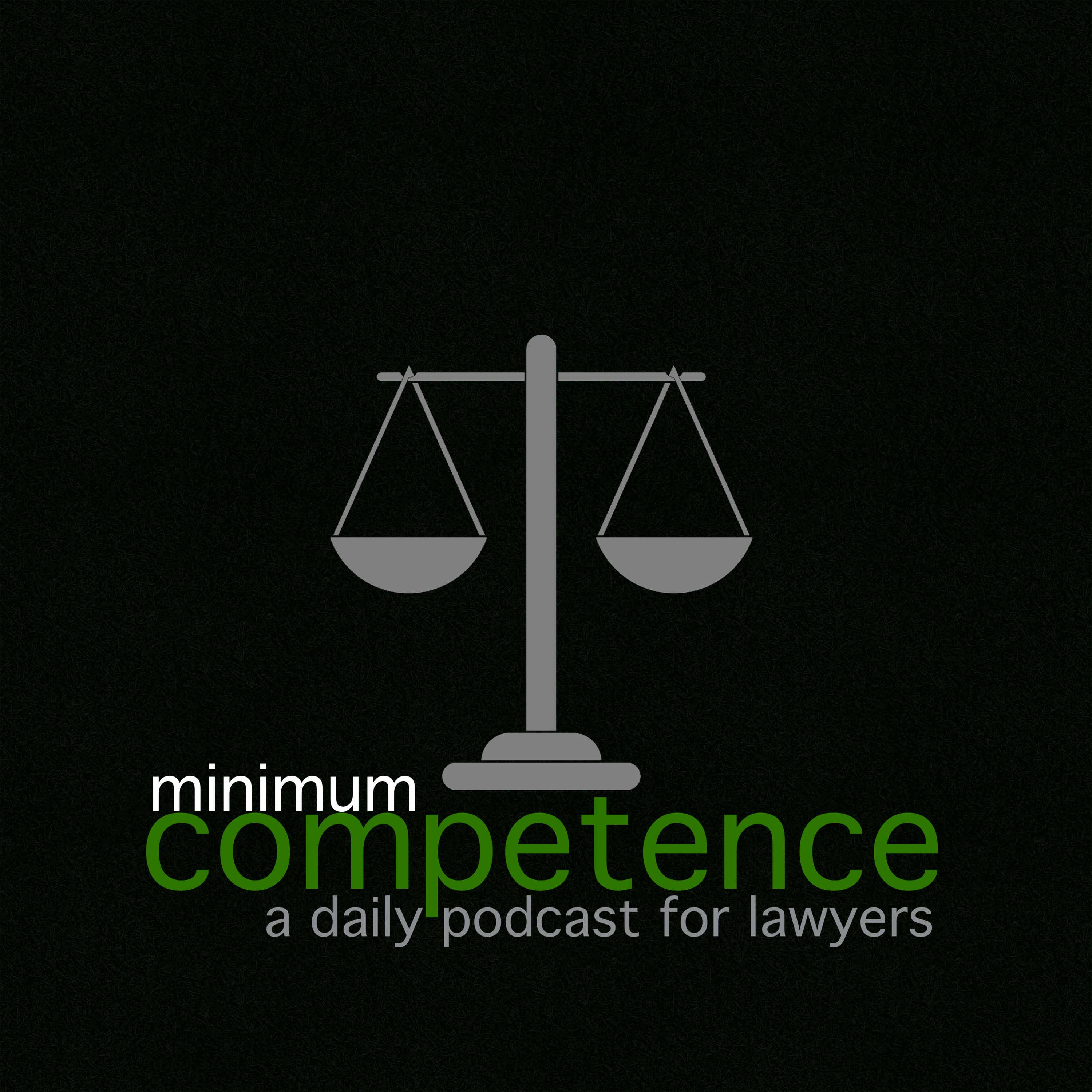Fri 8/18 - Student Loans vs. 401(k), AMC Stock Conversion Challenge, Eastman's Disciplinary Trial, Congressional Probe into Hunter and Kroger's Big Merger
On this day in legal history, on August 18, 1920, the Nineteenth Amendment to the United States Constitution was ratified by the states – beginning in earnest the path to women’s suffrage. The fight for women's suffrage in the United States began after the war for independence, where most states denied women the right to vote. Throughout the 19th century, leaders like Lucretia Mott, Elizabeth Cady Stanton, and Susan B. Anthony worked tirelessly for women's voting rights, organizing protests, marches, and lobbying efforts. In 1878, a women's suffrage amendment was introduced, but it was rejected by the Senate in 1887. However, many western states began to grant women full or partial voting rights, such as Wyoming, Colorado, and Idaho. Following World War I, the suffrage movement gained momentum, and President Wilson began to support it in 1918. Despite initial failures to pass the amendment, Wilson called a special session of Congress, and the woman's suffrage amendment was approved by Congress on June 4, 1919. Several states quickly ratified the amendment, but ratification faced opposition in states like Alabama and Georgia. The fate of the 19th Amendment rested with Tennessee, where supporters and opponents lobbied fiercely. After a dramatic series of events, including legislators fleeing to prevent a vote, the Tennessee House of Representatives voted in favor of ratification. On August 18, 1920, the 19th Amendment was ratified, which paved the way for American women the right to vote, a monumental step in the long and ongoing journey towards gender equality in the United States.The 19th Amendment, ratified on August 18, 1920, is often celebrated as a milestone in women's voting rights in the U.S. It was designated in 1976 as Women’s Equality Day and its centennial in 2020 was marked with various commemorations. However, this view overlooks the reality that the amendment did not grant the vote to all women, only stating that voting rights could not be denied on account of sex. After its ratification, states could still employ voter suppression tactics like poll taxes, effectively keeping many Black, Latina, Indigenous, and Asian American women from voting. These suppression tools largely benefited white women, reflecting the interests of white suffragists who were willing to sacrifice the rights of others to gain support for the amendment. Despite this limited initial progress, activism for women's voting rights continued, leading to major victories like the Voting Rights Act of 1965, and, one hopes, more major victories in the name of equality in the years to come. In sum, we should celebrate the ratification of the 19th Amendment, while still recognizing it was not a panacea to inequity but rather a step, and the struggle for true equality in voting rights persists to this day.19th Amendment anniversary: The amendment’s passage didn’t give women the right to vote - VoxBloomberg Law has a report detailing the effect of the impending student loan cliff.The impending end of pandemic-era student debt forgiveness programs has increased pressure on employers to aid workers with upcoming payments, reducing the attractiveness of a 401(k) loan matching program set to begin next year under the SECURE 2.0 Act. This new provision would have allowed employers to match student loan repayments like retirement plan deferrals, aiming to boost employee 401(k)s. However, immediate payment demands are driving employers to look for more direct financial help. With nearly 46 million borrowers facing interest accruals in September and regular bills in October, more than half of workers aged 25-40 are seeking student loan support at work. Despite the SECURE 2.0's intention, confusion remains among employers, leading some to seek alternatives like financial wellness programs and coaching

